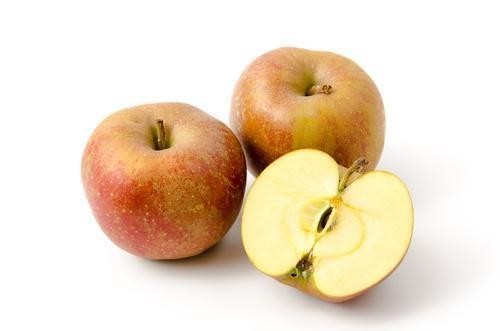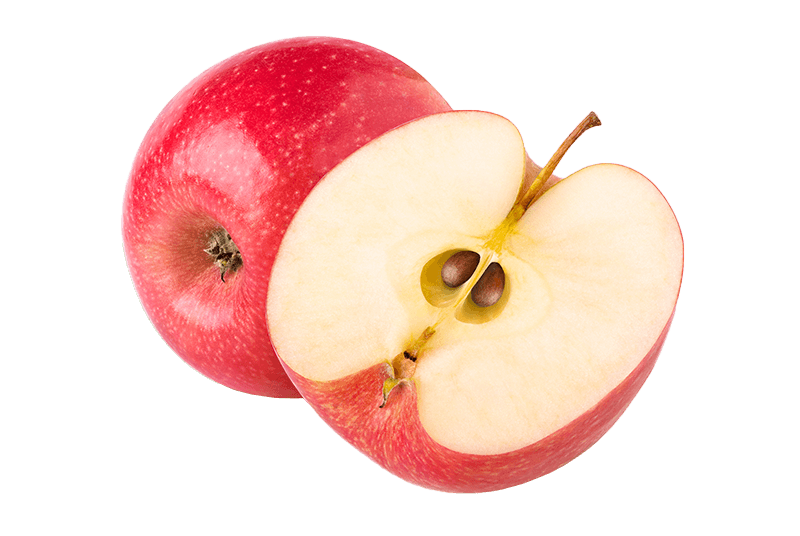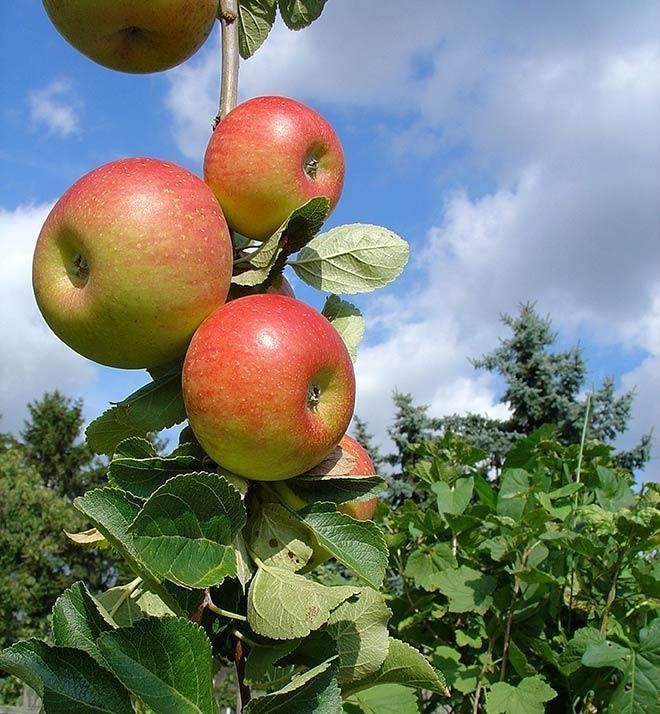Old Apple Varieties
An apple a day, keeps the doctor away.
Age before Beauty! Apples of old varieties are healthy all-rounders!
The apple is one of the oldest wild and cultivated fruit species produced by an apple tree (Malus domestica). For thousands of years, apples have had special mythological and religious cultures, including the Egyptians, Greek, Norse, and Romans. For instance, apples are a part of the Bible story of Genesis about Adam and Eve. Many folk remedies also used apples to make herbal teas, vinegar, and alcohol.
European colonists first bought apples to North America during the 17th century. There are more than 7,500 varieties grown around the world. But the artisian apple varieties are suffering.

New apple varieties increase the risk of allergies.
While apples are delicious and full of nutrients, they can also cause allergic reactions in some people. Just minutes after consumption you will notice tingling, swelling, and itching in the mouth, lips, and throat; shortness of breath; and diarrhea, stomach discomfort and cramps. An apple allergy is often occurring when an apple’s polyphenol levels are too low. Polyphenols are a type of antioxidant found in plants that combine with the allergy-triggering proteins in the apple, and this makes the apple much more tolerable for consumption. Polyphenols also help combat free radicals. Types of polyphenols in apples include quercetin, chlorogenic acid, catechin, and phloridzin. Polyphenols have a similar effect in the organism: they intercept free oxygen radicals and render them harmless.
Old apple varieties often contain significantly more polyphenols than the newer varieties. Polyphenols give apples a sour taste and become brown quickly when we cut them or take a bite. As a result, these characteristics, along with the polyphenols were taken out of the newer varieties. As with everything, beauty has its price: the newer varieties of apple are sweeter and do not turn brown as quickly - however, they also trigger an allergic reaction much faster. The number of people allergic to apples increased.
Note: Most proteins are found in the flesh of the apple skin and change when heated. As a result, those with an apple allergy should peel and boil the apple before consumption. For instance, apple sauce is mostly considered allergen-free.
Avoid certain new types of apples, including:
- Ambrosia
- Elstar
- Honeycrisp
- Jonagold
- Golden Delicious

Choose Older Variety of Apple!
In addition to important vitamins, minerals, and polyphenols, the older varieties contain more fiber, including pectin and cellulose. During digestion, these fibres bind to heavy metals, cholesterol, and other waste products, and excrete them from the body. Another benefit of older apple variety is, that they contain more vitamin C than the newer varieties. At the same time, imported older apples have less vitamin C than older varieties from a local orchard. Food loses its nutritional value the longer it has to be transported.
The following are some older varieties you should prefer:
- Boskop
- Braeburn
- Berlepsch
- Cox-Orange
- Granny Smith
- Gravensteiner
- Jakob Fischer
- Jonathan
- McIntosh
- Santana


